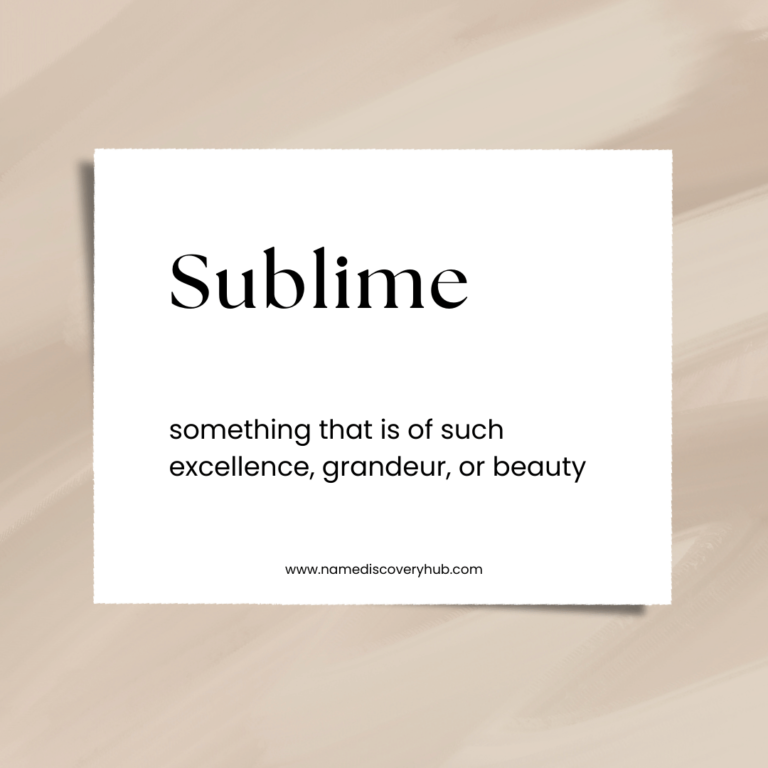What Chinese Greeting That Means “You Good”? (Explained With Examples)
In the rich tapestry of Chinese language and culture, greetings play a pivotal role in daily interactions. Understanding these greetings not only enhances communication but also deepens cultural appreciation. Among the myriad of greetings, “nǐ hǎo” (你好) is the most recognized. However, there’s another intriguing expression that means “You good” in Chinese, which is less known but equally significant. This article delves into the nuances of this greeting, its meanings in texting, alternative interpretations, and provides examples to illustrate its usage.
What Does “Nǐ Hǎo Ma” (你好吗) Mean in Texting?
In texting, “nǐ hǎo ma” (你好吗) is often used to ask “How are you?” or “Are you good?” It’s a casual and friendly way to check in on someone’s well-being. The expression breaks down into “nǐ” (你) meaning “you,” “hǎo” (好) meaning “good,” and “ma” (吗), a question particle. In the context of texting, it’s common to see a simplified version like “nǐ hǎo?” (你好?) due to the fast-paced nature of digital communication.
Alternative Meanings
While “nǐ hǎo ma” (你好吗) directly translates to “Are you good?” it can also convey various sentiments based on context. Here are some alternative meanings:
- Checking Well-being: Primarily, it’s used to ask about someone’s health or mood.
- Starting a Conversation: It serves as an ice-breaker to initiate a chat.
- Expressing Concern: It can show care and concern, especially if the other person seems down or stressed.
Examples of “Nǐ Hǎo Ma” (你好吗) in Text Slang
Example 1
Context: Old friends reconnecting after a long time.
Text:
- A: 你好!好久不见,你好吗? (Nǐ hǎo! Hǎojiǔ bùjiàn, nǐ hǎo ma?)
- B: 我很好,你呢? (Wǒ hěn hǎo, nǐ ne?)
Translation:
- A: Hello! Long time no see, how are you?
- B: I’m good, and you?
Example 2
Context: Checking on a friend who has been sick.
Text:
- A: 听说你生病了,你好吗? (Tīng shuō nǐ shēngbìng le, nǐ hǎo ma?)
- B: 我好多了,谢谢关心。 (Wǒ hǎo duō le, xièxiè guānxīn.)
Translation:
- A: I heard you were sick, are you good?
- B: I’m much better, thanks for asking.
Example 3
Context: Greeting a colleague on Monday morning.
Text:
- A: 早上好,周末过得怎么样?你好吗? (Zǎoshang hǎo, zhōumò guò de zěnmeyàng? Nǐ hǎo ma?)
- B: 早上好,我很好,谢谢! (Zǎoshang hǎo, wǒ hěn hǎo, xièxiè!)
Translation:
- A: Good morning, how was your weekend? Are you good?
- B: Good morning, I’m good, thank you!
Understanding and using “nǐ hǎo ma” (你好吗) enriches your communication in Chinese, allowing for more meaningful interactions and a deeper connection with Chinese speakers. By mastering this and similar phrases, you can navigate social and professional conversations with greater ease and cultural insight.



